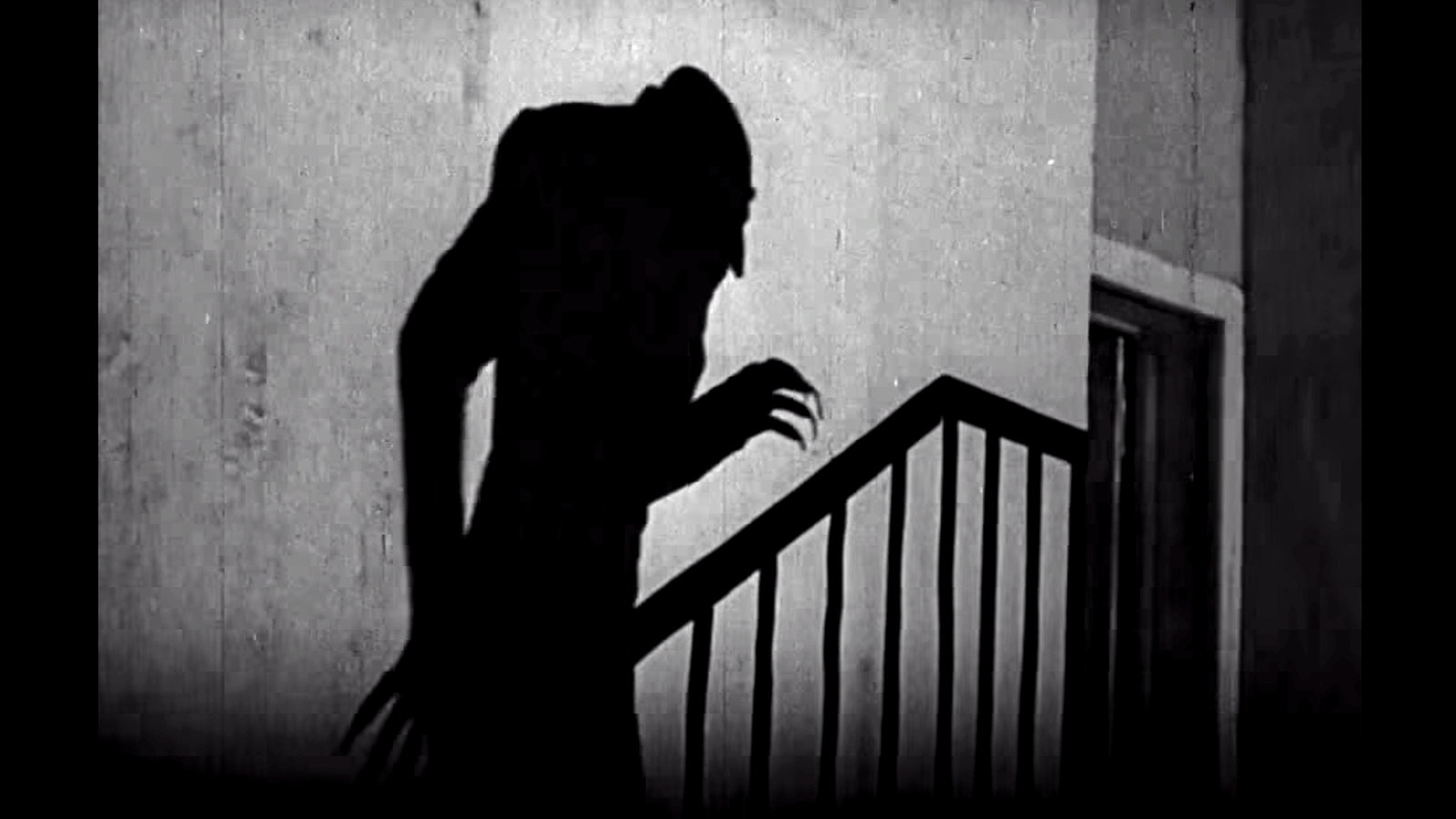Filter by Category
State Fair
1945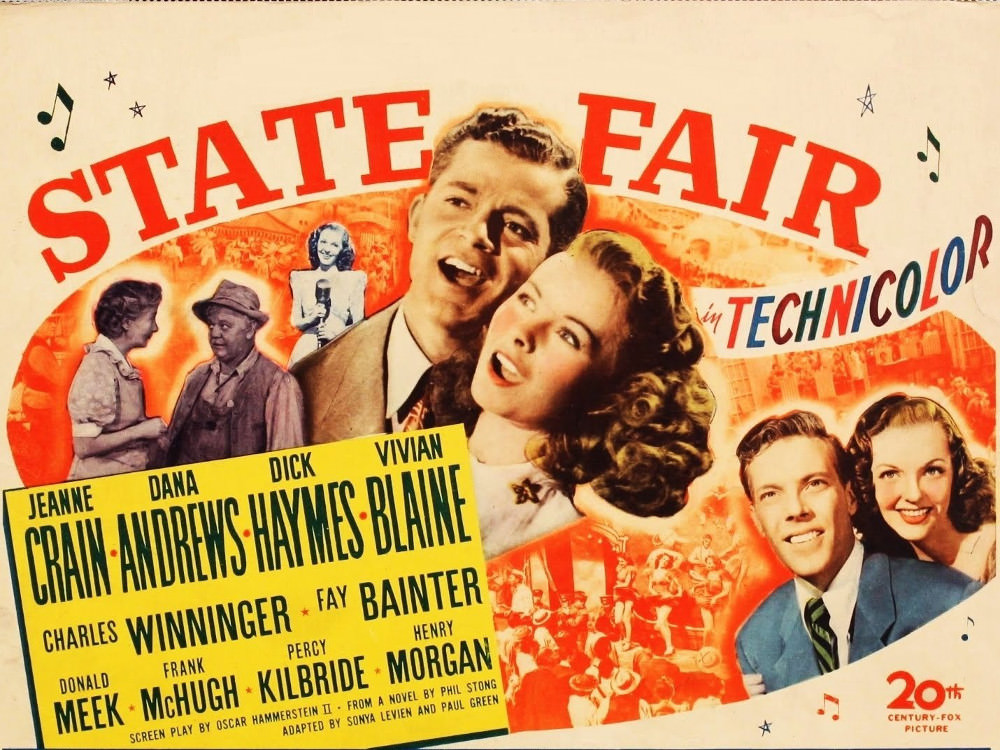
Japan
During the United States’ occupation of Japan, General Douglas MacArthur promoted the family movie State Fair (1946) so that audiences might witness a “wholesome picture of American life”.
Read more A Twenty Year Old Youth
1946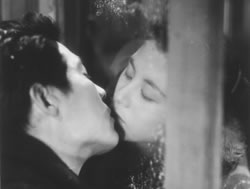
Japan
In Japan, attempts to establish the 23rd of May as “Kiss day” commemorate the first on-screen kiss in Japanese cinema following World War II. This kiss featured in Shochiku’s A Twenty-Year-Old Youth (Hatachi no Seishun).
Read more No Regrets for Our Youth
1946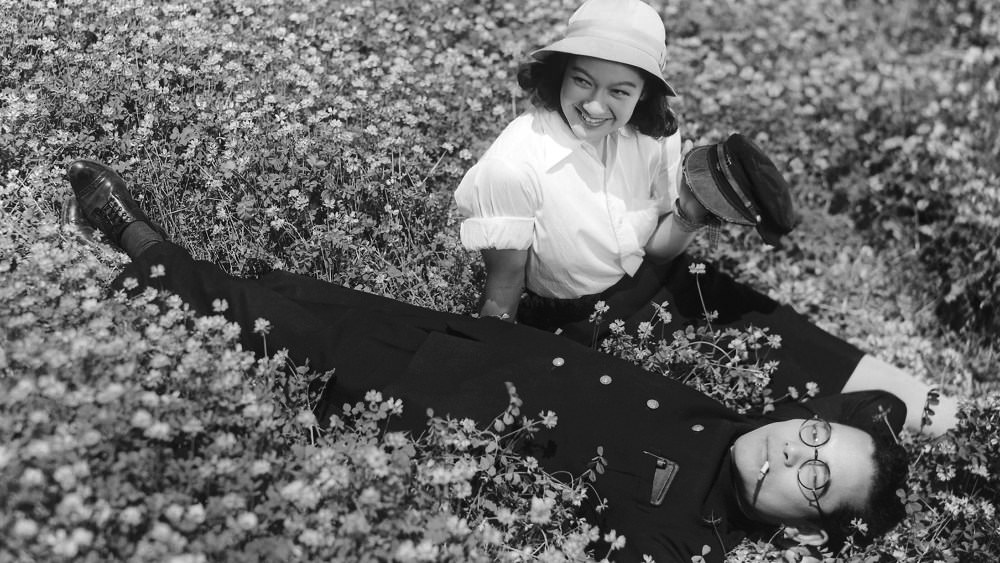
Japan
Akira Kurosawa’s fifth film, his first following World War Two, and the only one to feature a female protagonist, was loosely based on historical events, specifically the “Takigawa incident”.
Read more Indian National Independence
1947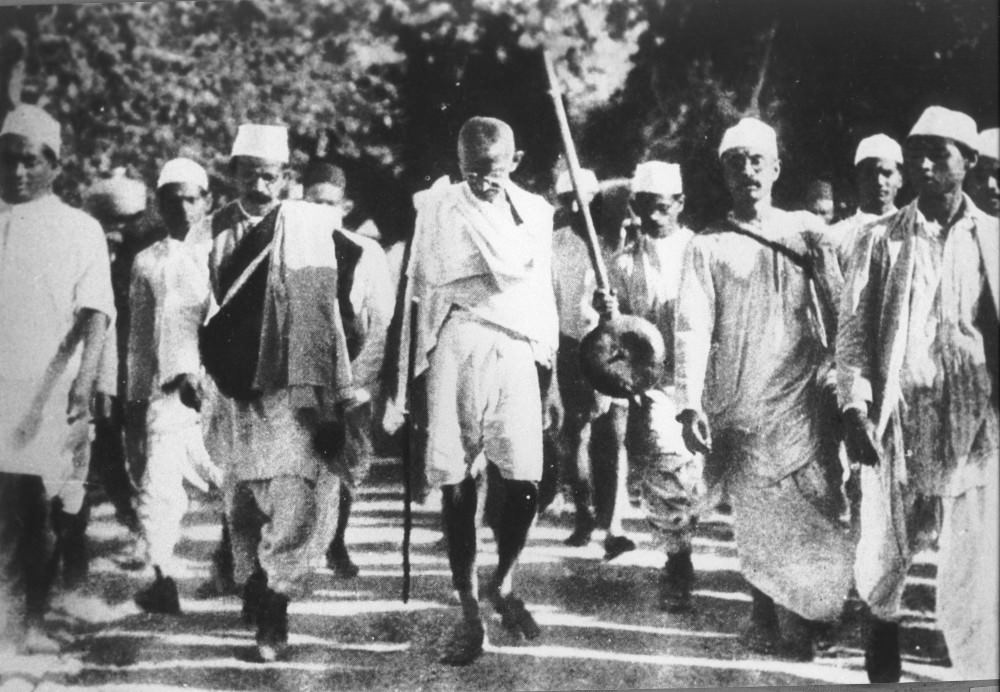
India
The Indian National Congress was formed in 1885 as an all-Indian secular political party in an effort to increase the role of Indians in the governance of India.
Read more The Constitution of India and Free Speech
1949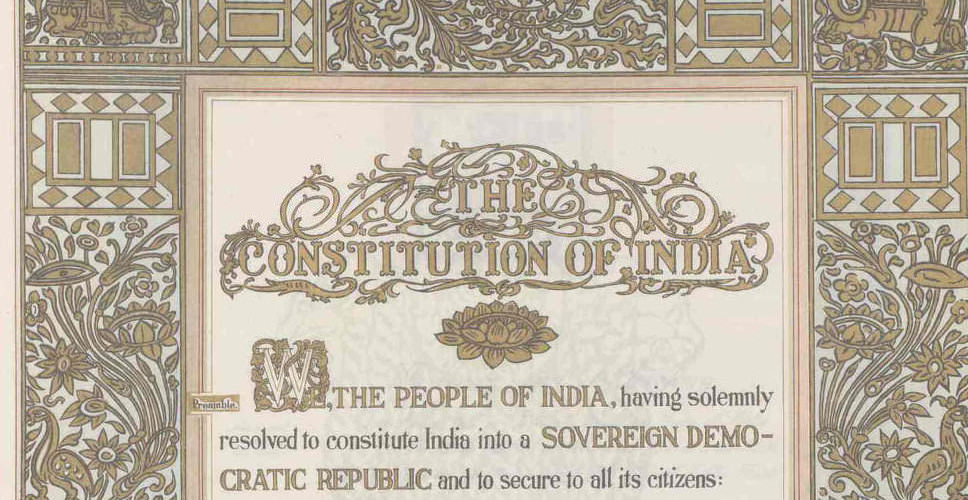
India
The Constitution of India was adopted on 26 November 1949 and came into effect on 26 January 1950, replacing the Government of India Act 1935 as the Republic of India’s fundamental legal document. Article 19(1a) of the Indian Constitution establishes “the right to freedom of speech and expression”.
Read more The Life of Wu Xun
1950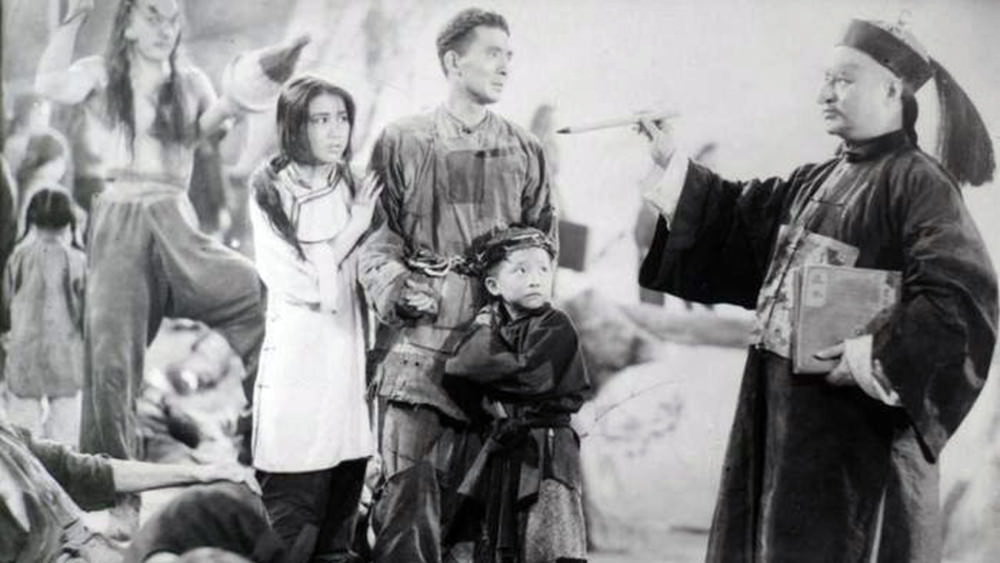
China
Sun Yu’s film The Life of Wu Xun (1950) was banned in 1951 following a number of editorial critiques from Mao Zedong in the People’s Daily newspaper.
Read more Report of the Film Enquiry Committee
1951India
In the two years since the Cinematograph Amendment Act 1949 had established the dual-category certificate system (including the “U” and “A” categories), the report noted that some producers and exhibitors had exploited the A certificate in promotional material, implying that it contained “salacious” content.
Read more Cinematograph Act
1952India
On 21 March 1952 The Cinematograph Act 1952 replaced former legislation on film censorship, specifically the Cinematograph Act 1918.
Read more Shri 420
1955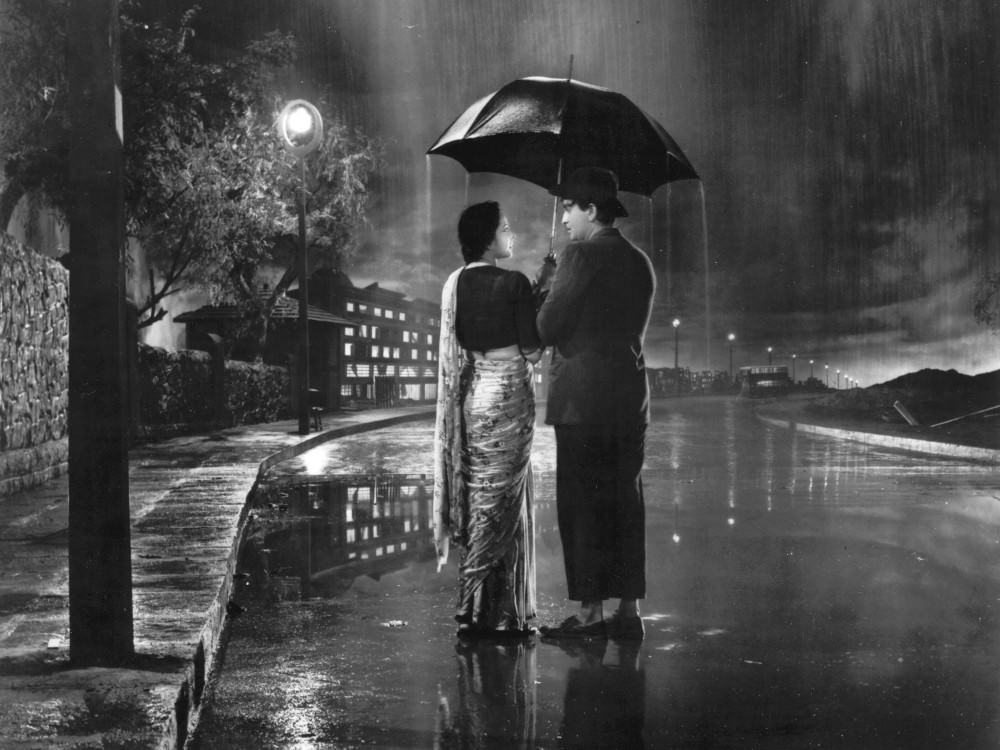
India
Directed, produced, and starring Raj Kapoor, arguably Hindi cinema’s most canonical actor, Shri 420 (Mr 420) was India’s highest grossing film in 1955 and is widely remembered for its song “Mera Joota Hai Japani” (“My shoes are Japanese”).
Read more 